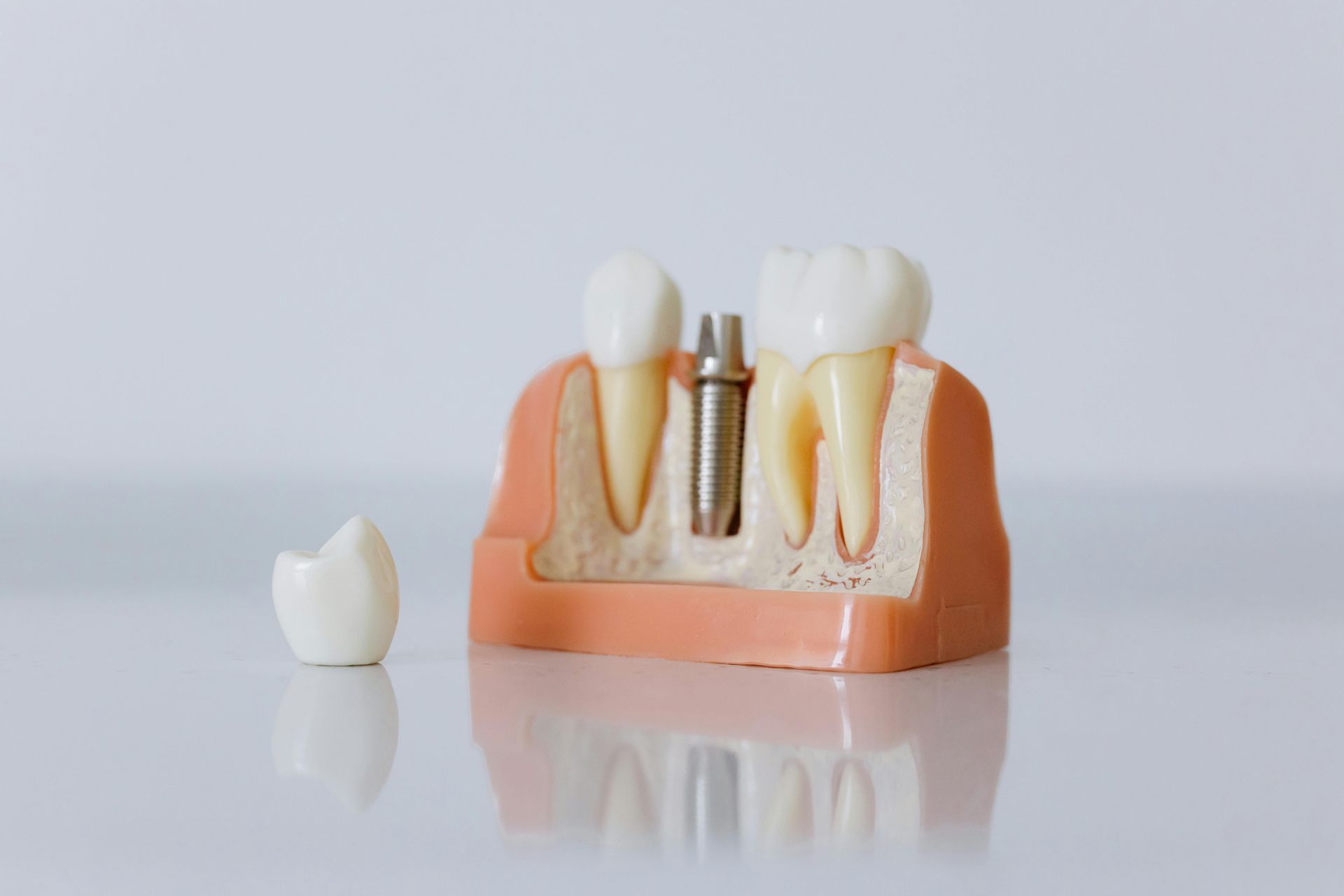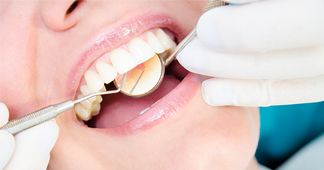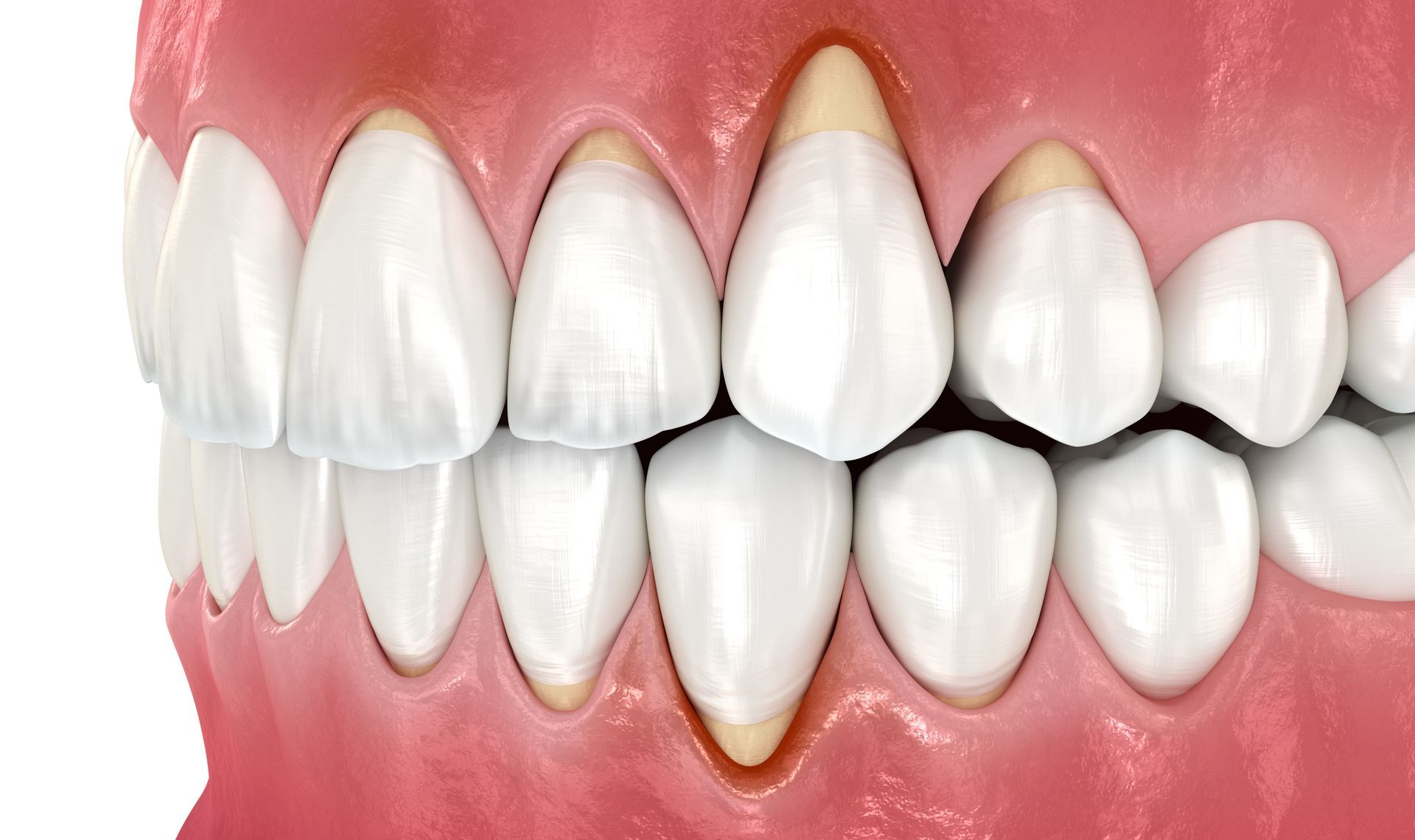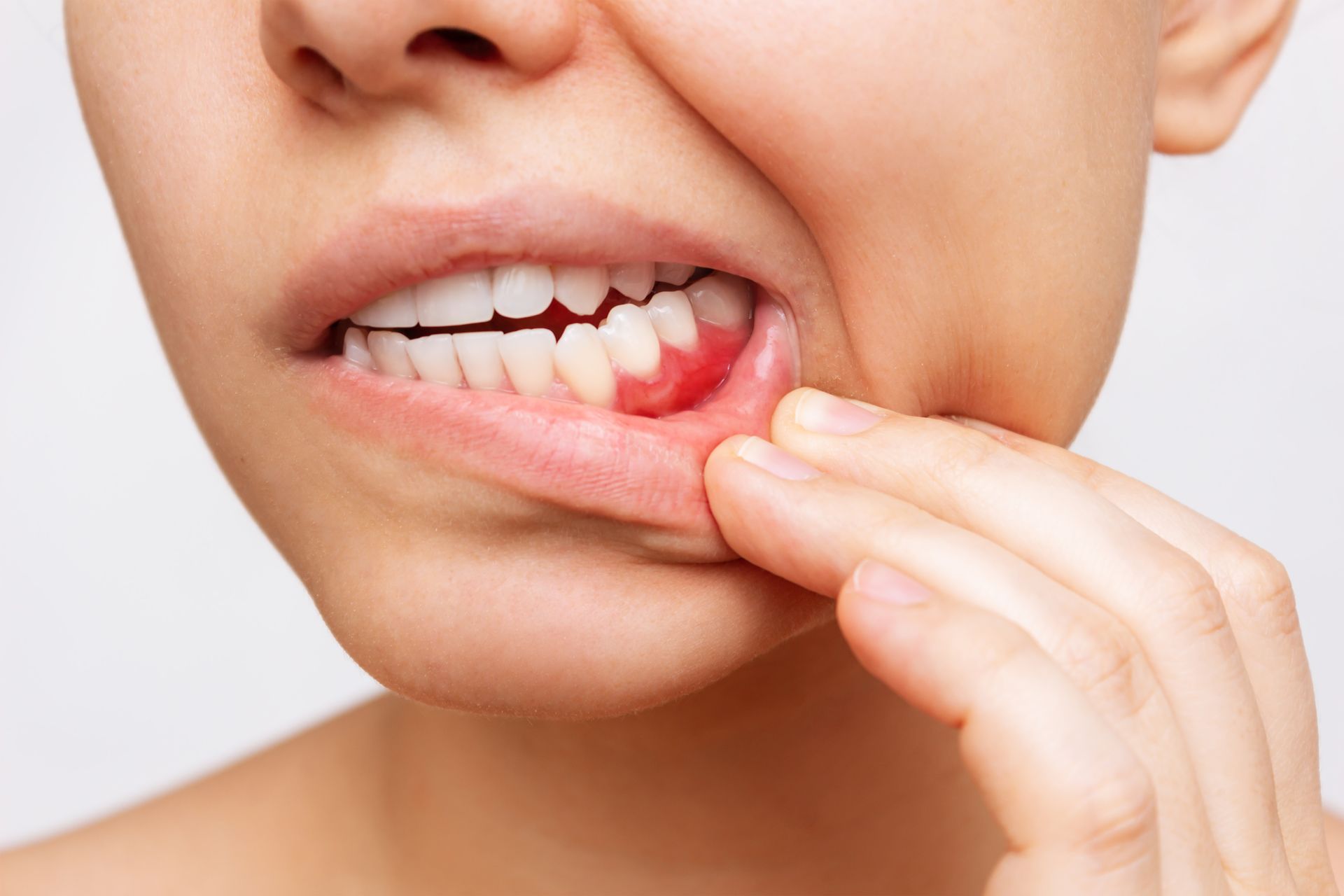Why Nutrition is the Key to Healthy Gums
Gum disease affects nearly half of American adults, according to the Centers for Disease Control and Prevention, yet many of us overlook how our daily diets play a crucial role in maintaining gum health. While brushing and flossing are necessary, good nutrition can provide the essential vitamins and minerals your body needs to combat gum disease and maintain a healthy smile.
In this post, we will explore how balanced nutrition affects gum health, highlight foods that benefit your gums, and address how untreated gum issues can lead to more serious periodontal problems. You’ll also learn how Dr. Teri Brooks Lovelace in Abilene, TX can assist with periodontal treatments for advanced gum disease.
What Is Gum Disease and Why Should You Care?
Gum disease, also known as periodontal disease, begins with a mild form called gingivitis, involving red, swollen, or bleeding gums. Left untreated, it can progress to periodontitis, which can damage the soft tissues and bone that support your teeth, potentially leading to tooth loss. While poor oral hygiene is a leading culprit, many people overlook how their diets can either exacerbate or alleviate gum issues.
The food you eat provides the building blocks for your body to fight against bacteria and inflammation, both critical factors when it comes to gum health. Ignoring your nutritional needs not only slows down your recovery from gum problems but can also increase your risk of worsening gum disease.
Key Nutrients for Healthy Gums
A nutrient-rich diet fuels your body to fight infections, reduce inflammation, and repair tissues. Certain nutrients are especially important for keeping your gums healthy and strong, as explained below.
- Vitamin C - Vitamin C is vital for gum health, as it helps your body produce collagen, a protein that gives your gums structure. A deficiency in vitamin C can lead to bleeding or inflamed gums, making you more susceptible to infections. Good sources of vitamin C include oranges, strawberries, bell peppers, and kale.
- Calcium - Calcium strengthens not only your teeth but also the bones that support them. Insufficient calcium intake can weaken your jawbone, increasing the risk of tooth loss due to gum disease. Good sources of calcium include milk, yogurt, almonds, and broccoli.
- Vitamin D - Vitamin D enhances your body’s absorption of calcium and reduces inflammation in the gums. Without adequate levels of vitamin D, gum inflammation can exacerbate periodontal disease. Good sources of vitamin D include salmon, eggs, fortified cereals, and sunlight.
- Omega-3 Fatty Acids - Omega-3s are powerful anti-inflammatory agents that can help reduce gum swelling and discomfort caused by gingivitis or periodontitis. Good sources of omega-3 fatty acids include flaxseeds, walnuts, and fatty fish (like salmon).
- Zinc - Zinc supports immune function, helping your body fight off harmful bacteria that lead to plaque buildup and gum infections. Good sources of zinc include oysters, lean meats, and pumpkin seeds.
The Best Foods for Healthy Gums
To maintain gum health, prioritize foods rich in these gum-friendly nutrients while avoiding processed sugars and acidic foods that can worsen gum problems. Here's a list of gum-friendly foods to include in your diet:
- Leafy Greens - Spinach and kale are packed with vitamins C and K, which promote healthy gum tissue.
- Crunchy Veggies - Carrots and celery naturally clean teeth surfaces and increase saliva flow, neutralizing harmful acids.
- Dairy Products - Milk, cheese, and yogurt provide ample calcium and help reduce acidity in your mouth.
- Fatty Fish - Salmon and mackerel are loaded with omega-3s, known for their anti-inflammatory properties.
- Fruits - Apples and citrus fruits like oranges offer fiber and vitamin C to protect gum tissues.
Foods & Drinks to Avoid for Better Gum Health
Certain foods and beverages can aggravate gum problems by feeding harmful bacteria or creating an acidic environment in the mouth. Minimize or avoid the following:
- Sugary Snacks - Candy and sweet baked goods encourage bacterial growth, leading to plaque buildup.
- Carbonated Drinks - Their acidity can erode tooth enamel and irritate gum tissue.
- Alcohol - Excessive consumption can dry out your mouth, reducing the saliva that helps protect against gum disease.
Eating a diet focused on fresh, whole foods benefits not just your gums but your overall oral health. Work with a dietitian or healthcare provider to ensure you're meeting your nutritional needs, especially if you have dietary restrictions or chronic conditions like diabetes that affect gum health.
How Dr. Teri Brooks Lovelace Can Help
If you're noticing symptoms like bleeding gums, gum recession, or persistent bad breath, it’s time to consult a professional. Dr. Teri Brooks Lovelace, based in Abilene, TX, provides periodontal disease treatment, offering services like deep cleanings, scaling, and root planing to help manage gum disease before it worsens. Contact our dental office today to help sustain the health of your gums.






